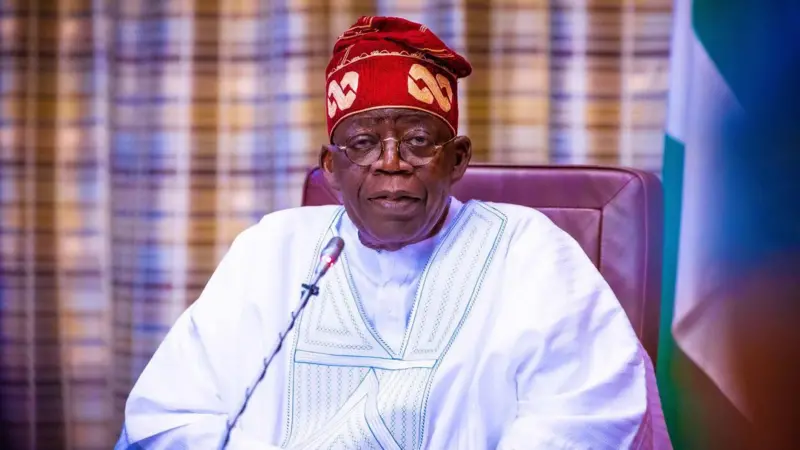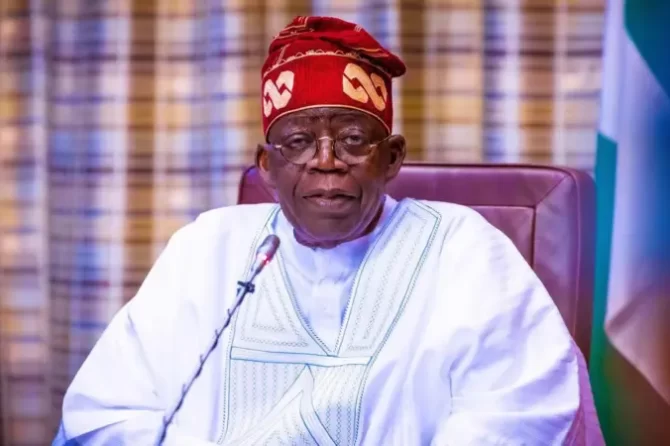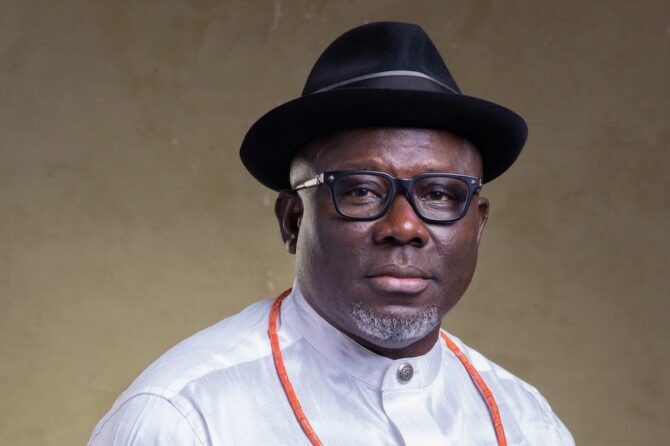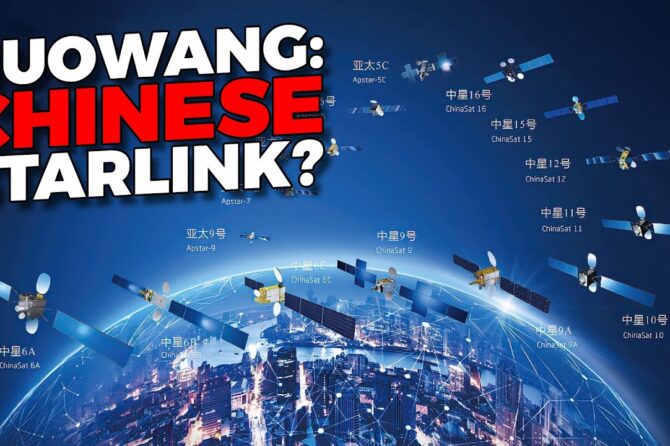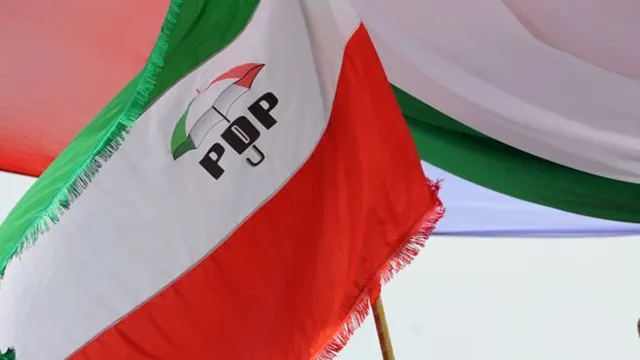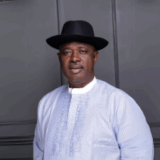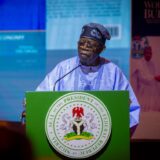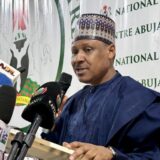Nigeria’s President Tinubu Faces Backlash Over Rivers State Emergency Rule
ABUJA — President Bola Ahmed Tinubu’s decision to declare a state of emergency in Rivers State on March 18, 2025, has ignited widespread criticism, with many accusing the president of overstepping his constitutional powers. The controversial move, which included the suspension of Governor Siminalayi Fubara, his deputy, and the Rivers State House of Assembly, has been described by legal experts, opposition leaders, and civil society groups as an abuse of power and a threat to Nigeria’s democracy.
The Emergency Declaration
President Tinubu invoked Section 305 of the Nigerian Constitution to justify the emergency rule, citing political instability and security threats in Rivers State. However, critics argue that the president exceeded his constitutional authority by removing elected officials and appointing retired Vice Admiral Ibok-Ete Ibas as sole administrator.
Key actions under the emergency rule include:
- Suspension of Elected Officials: Governor Fubara, his deputy Ngozi Odu, and all members of the Rivers State House of Assembly were suspended for six months.
- Deployment of Security Forces: Federal forces were deployed to take control of key government facilities in Port Harcourt.
- Appointment of Sole Administrator: Vice Admiral Ibas was sworn in to oversee governance in Rivers State.
Criticism and Allegations
Unconstitutional Overreach
Legal experts and opposition leaders have condemned Tinubu’s actions as unconstitutional:
- Former Senate President Adolphus Wabara described the move as “a gross violation of Nigeria’s Constitution,” which guarantees that state governments must be formed through democratic elections.
- The Nigerian Bar Association (NBA) argued that Section 305 does not grant the president the power to remove elected officials. NBA President Mazi Afam Osigwe likened the action to “martial law” and called for its reversal.
Political Motivations
Critics allege that Tinubu’s declaration is politically motivated:
- Analysts claim that Tinubu acted to bolster his influence in Rivers State ahead of the 2027 presidential election.
- Former President Goodluck Jonathan referred to the move as “an abuse of power” aimed at consolidating control over a key opposition stronghold.
- Some have pointed to Nyesom Wike, Minister of the Federal Capital Territory and a close ally of Tinubu, as a key figure behind the emergency rule. Wike has been accused of orchestrating political interference in Rivers State.
Threat to Democracy
Civil society groups have warned that Tinubu’s actions set a dangerous precedent:
- The Conference of Professionals (CP-PDP) called the suspension “an attack on democracy” and demanded accountability.
- Former President Jonathan compared the situation to Nigeria’s military dictatorship era, stating it undermines democratic principles.
Public Reaction
The emergency rule has sparked protests across Rivers State:
- Supporters of Governor Fubara have staged demonstrations demanding his reinstatement.
- Some residents have expressed concerns about federal overreach and its implications for state autonomy.
Online, hashtags such as #RestoreRiversDemocracy and #TinubuAbuseOfPower have trended on social media platforms.
Legal Implications
The controversy has raised questions about the balance of power between Nigeria’s executive branch and its states:
- Constitutional Debate: Section 305 allows for emergency declarations but does not explicitly grant powers to suspend elected officials or appoint administrators.
- Judiciary’s Role: The Supreme Court is expected to hear challenges from opposition governors who have filed lawsuits against Tinubu’s actions.
What’s Next?
As pressure mounts on President Tinubu, key developments to watch include:
- Legal proceedings challenging the constitutionality of the emergency rule.
- Potential intervention by international organizations concerned about Nigeria’s democratic stability.
- Continued protests and political fallout within Rivers State.
The outcome will likely shape Nigeria’s political landscape ahead of the 2027 elections while testing its commitment to democratic governance.


